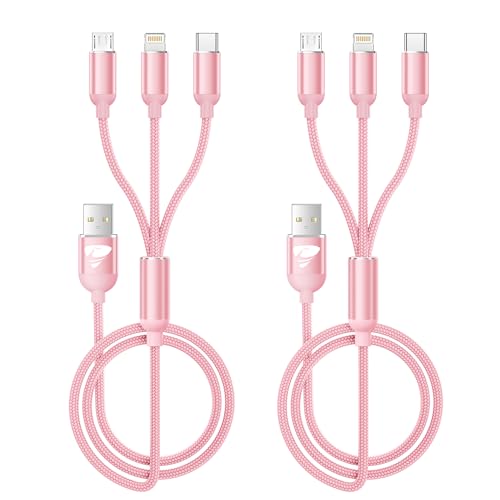Very well, but I only stated a fact.

I will elucidate, instead of summarising as I did before;
The service started in 2010 at the end of the life of the Nintendo DS (which originally launched in 2004), and ran across part of that system's life and also the life of its successor, the Nintendo 3DS (which launched in 2011). Both systems' provisions of the Pokemon Global Link services overlapped with the hardwares' respective successors, and both of those systems have now themselves been superseded by the Nintendo Switch (which launched in 2017).
Pokemon Global Link is technically a decade-old service, but it has already had multiple iterations that already ended before this one, each lasting only three to four years each. People only seem to be focussing on the 2016 iteration ending, though - presumably because it marks the end of an era, even though the vast majority of customers have long since moved on, and even though a provision has been put in place (a temporary free trial period for Pokemon Bank, if memory serves - a 2013 service that itself has now been superseded by 2020's Pokemon Home) to assist those who wish to move over to the current products and services.
Technology has very much marched on.
The purpose of a business is to make and keep customers, and also to turn a profit - and there is nothing wrong with that as long as the correct balance of customer satisfaction, customer-service, and profit is achieved, which is what makes a business sustainable. Loaded terms like "care about" don't apply here, as companies aren't people's friends - the company needs to make compelling current offerings that are worthwhile for retaining customers and attracting new ones, and to keep turning a profit.
Pokemon Global Link was offered at no charge across two older hardware families that have both since been superseded. It was a value-add (that is, something of value to customers, which also helped to provide a selling-point for the products) back when these hardware-families and their associated software were current and were still selling, but they no longer are*. Therefore, because most customers have moved on, it is no longer profitable to keep running a free-of-charge service which costs money and resources to run and maintain.
*Note that, whilst a handful of copies probably are still being sold because these games are long-tail sellers, when we discuss markets we talk in absolutes, and ignore that which is statistically-insignificant. An example of this is mentioned in
part 9 of the memoirs of a former Nintendo employee, wherein the failure of a third-party NES submarine simulation game is mentioned, along with information about late-1980s demographic spreads for the company.
And, again, in spite of most customers having moved on and technology having marched on, an upgrade path is available for those who wish to move up to the current products and services - something which strikes a good balance of treating customers well whilst continuing to further the business. It's almost like they care about their customers, one might say?

The option to migrate is there for the time being, at least.











![Vaxson 3-Pack Screen Protector, compatible with Tamagotchi Connection Version 3 V3 TPU Film Protectors Sticker [ Not Tempered Glass ]](https://m.media-amazon.com/images/I/41zSjSBo1mL._SL500_.jpg)




![Vaxson 3-Pack Screen Protector, compatible with Tamagotchi Connection Version 5 Celebrity /V5C/V5.5/Dream Royal Family Plus TPU Film Protectors Sticker [ Not Tempered Glass ]](https://m.media-amazon.com/images/I/51ipUKPjAWL._SL500_.jpg)

























